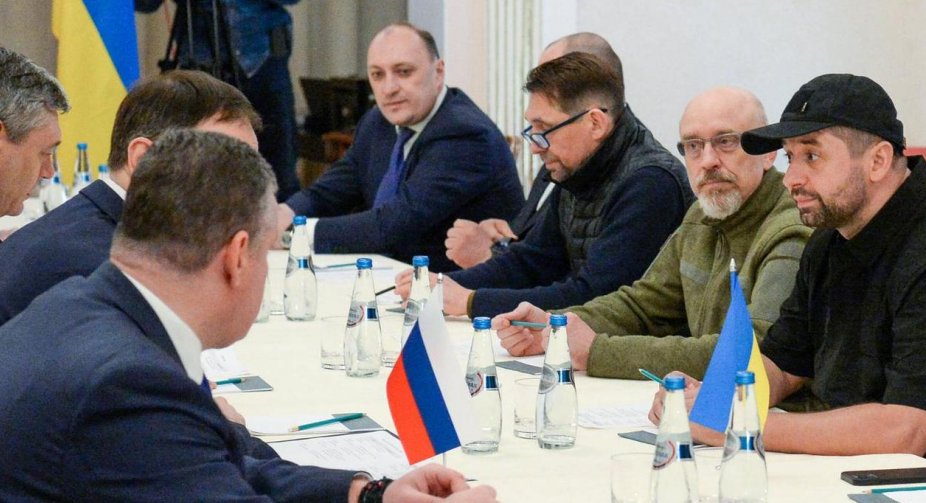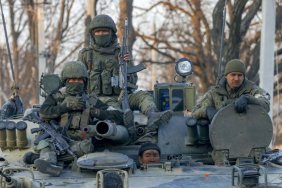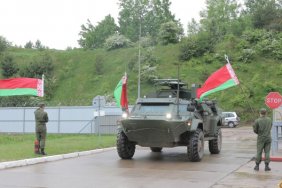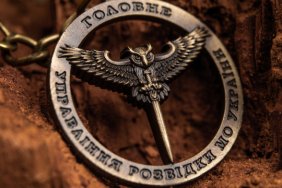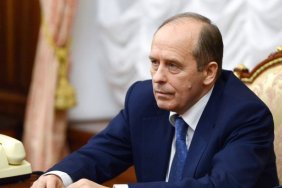Ukrainian intelligence learned that Russian President Vladimir Putin had ordered the invasion from Ukrainian financier Denys Kireev. He took part in Russian-Ukrainian negotiations at the end of February and was killed in Kyiv in early March under unclear circumstances. This is stated in the article "Russian spy or Ukrainian hero", published on Wednesday by The Wall Street Journal.
Journalists of the publication came to this conclusion after talking with officials, representatives of special services in Ukraine and the USA, as well as Kireev's relatives.
According to the WSJ, 45-year-old banker Denys Kireev gave the head of Ukrainian intelligence (GUR) Kyryll Budanov information that helped protect Kyiv from its Russian sources. In particular, Kireev announced on February 23 that Vladimir Putin had given the order to start an invasion of Ukraine. In addition, he knows the main target of the attack - Antonov airport near Kyiv. The Russian command planned to seize the airport, and then transfer troops and equipment there to storm the Ukrainian capital. It was there on February 24 that Russian military helicopters landed a military landing party. According to Budanov, thanks to the information he received from Kireev, it was possible to transfer additional forces to the airfield. After fierce fighting, it became impossible to use the airfield as a springboard for an offensive on Kyiv.
"If it weren't for Kireev, most likely, Kyiv would have been taken," the head of the State Administration of Ukraine told the newspaper.
Later, Budanov offered Kireev to participate in the Russian-Ukrainian negotiations in Belarus as part of the Ukrainian delegation, as he was familiar with two members of the Russian delegation. Kireev understood that it would be risky for him to appear as part of the Ukrainian delegation, and at first he did not want to participate in the negotiations, but later agreed. After his appearance there, his connection with the special services became obvious to everyone, but the situation was critical, Budanov told the newspaper.
On March 5, on the day of the second round of negotiations, Kireev, along with his bodyguards and military intelligence agents, who were also to take part in the trip to Belarus, went to the Kyiv railway station. He warned the guards that they should not interfere in case of his arrest.
In the center of Kyiv, several cars with agents of the Security Service of Ukraine intercepted Kireev's car. His bodyguards were disarmed, and Kireev himself was put in a minibus and taken to an unknown destination. He was found dead about an hour and a half later.
Ukrainian mass media, citing sources, wrote that he was suspected of treason. However, the Main Intelligence Directorate (GUD) of the Ministry of Defense of Ukraine reported that Kireev was its employee and died while performing a "special task". Denis Kireev was buried as a hero. The President of Ukraine, Volodymyr Zelenskyі, signed the documents awarding him with a posthumous medal for "exceptional contribution to the protection of state sovereignty and state security."
Ukraine's State Bureau of Investigation, which investigates such killings, declined to comment to the WSJ. Oleksandr Poklad, head of counterintelligence of the SBU, also did not comment. According to Budanov, the night before the negotiations in Belarus, Kireev was called from the office of the Depository.
In the following months, the authorities in Kyiv searched for Russian agents in their special services, writes the WSJ. In July, Volodymyr Zelenskyy fired SBU head Ivan Bakanov and Prosecutor General Iryna Venediktova. Zelenskyi explained their removal by a large number of treason cases. More than 650 cases of high treason involving civil servants have been initiated in Ukraine.
